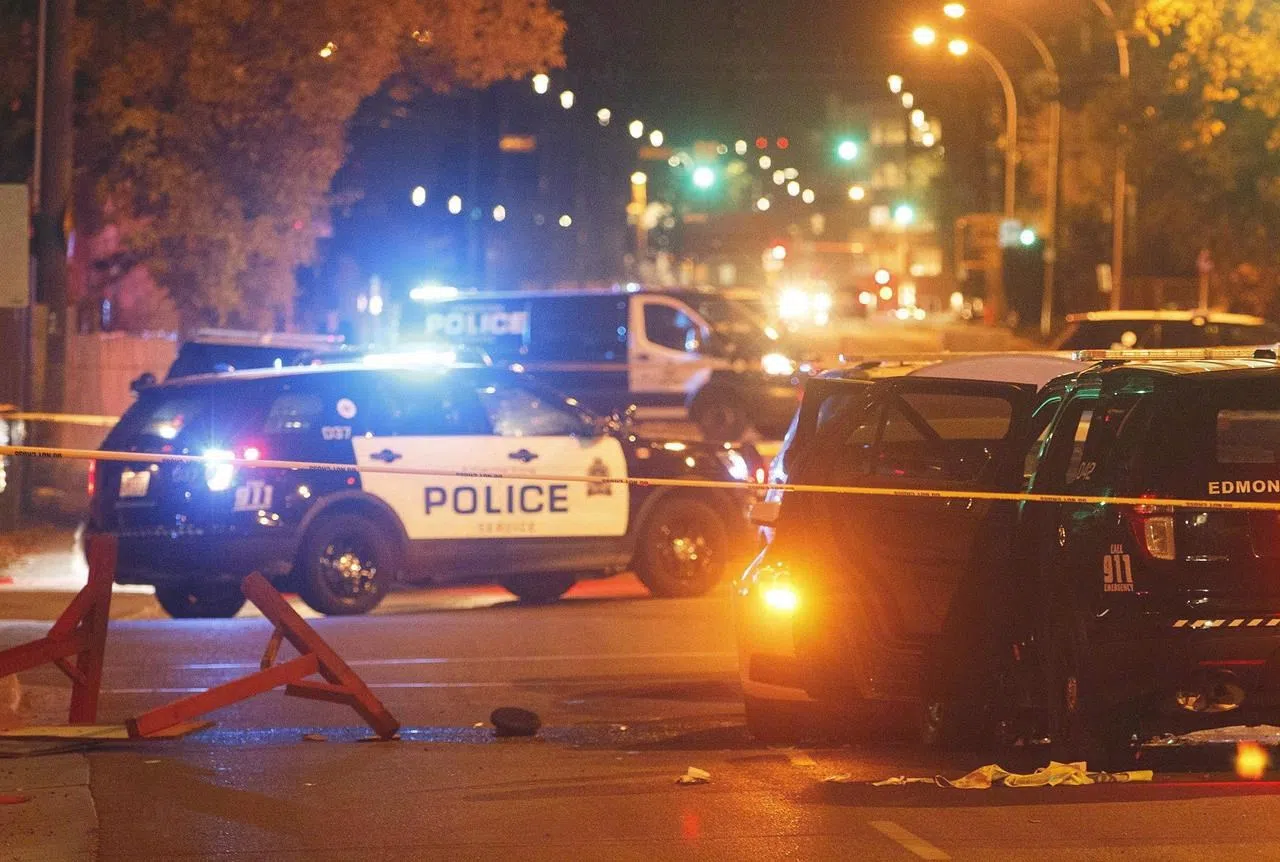
Canadian threat report highlights rise in simple but deadly terror attacks
OTTAWA — Extremists are increasingly carrying out simple but deadly attacks using knives and vehicles, Public Safety Canada warns in its latest assessment of the terrorist threat.
Such unsophisticated but “high-impact” assaults took place recently in Edmonton, where five people were injured, and in New York, killing eight people and injuring several more, the annual report released Thursday notes.
“These kinds of potential weapons are easy to obtain and it is therefore difficult to prevent their use in attacks.”
In addition, it notes that Daesh and al-Qaida propaganda has provided guidance to supporters on the use of small arms, vehicles and bladed weapons, offering suggestions on how to inflict the most harm.
